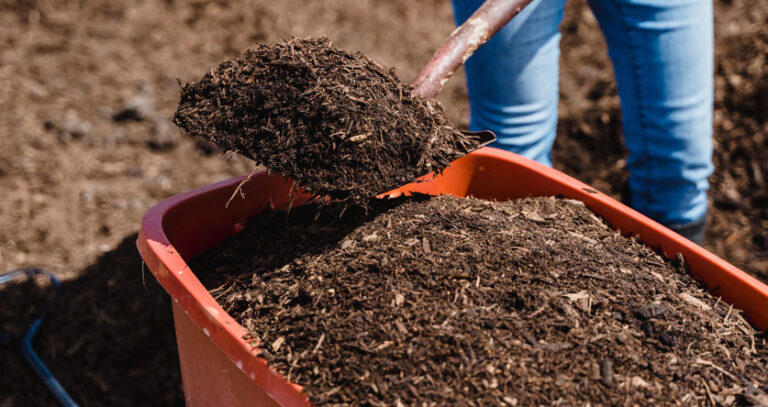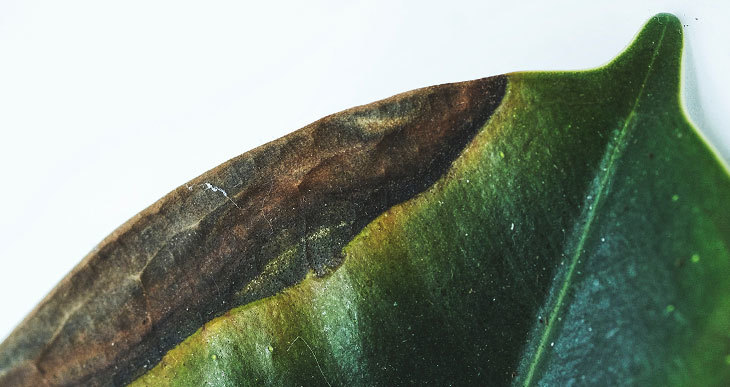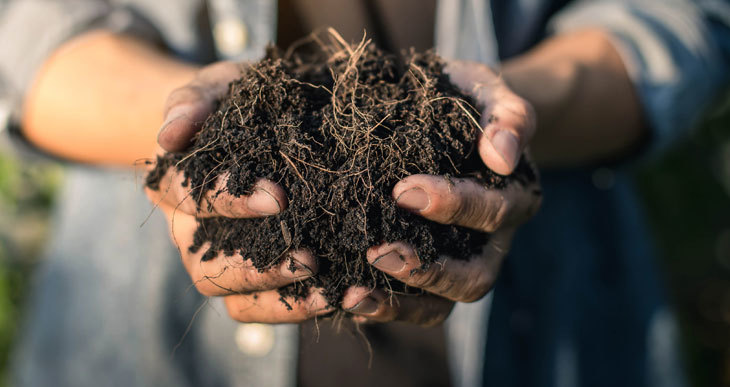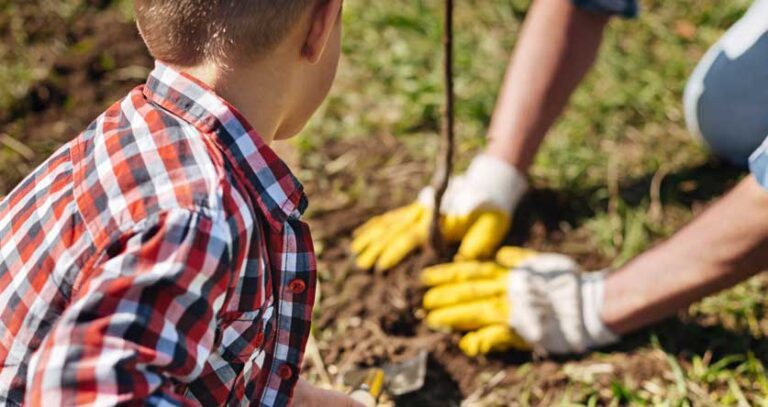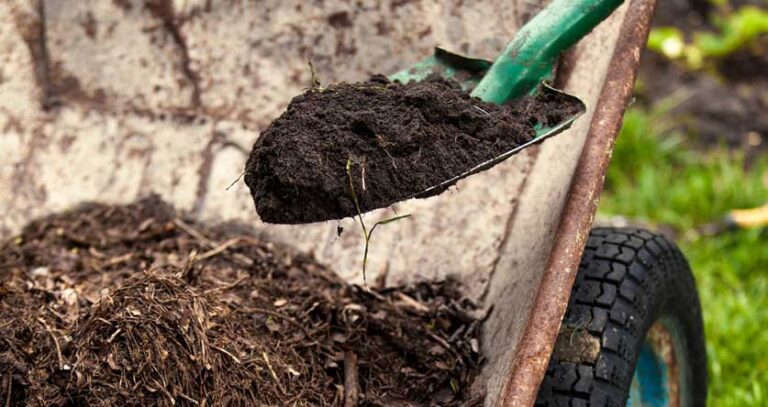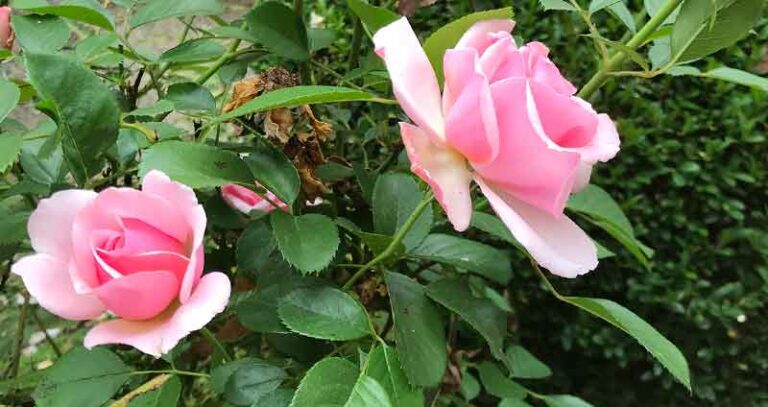Compost For Indoor Plants (Magic Stuff!)
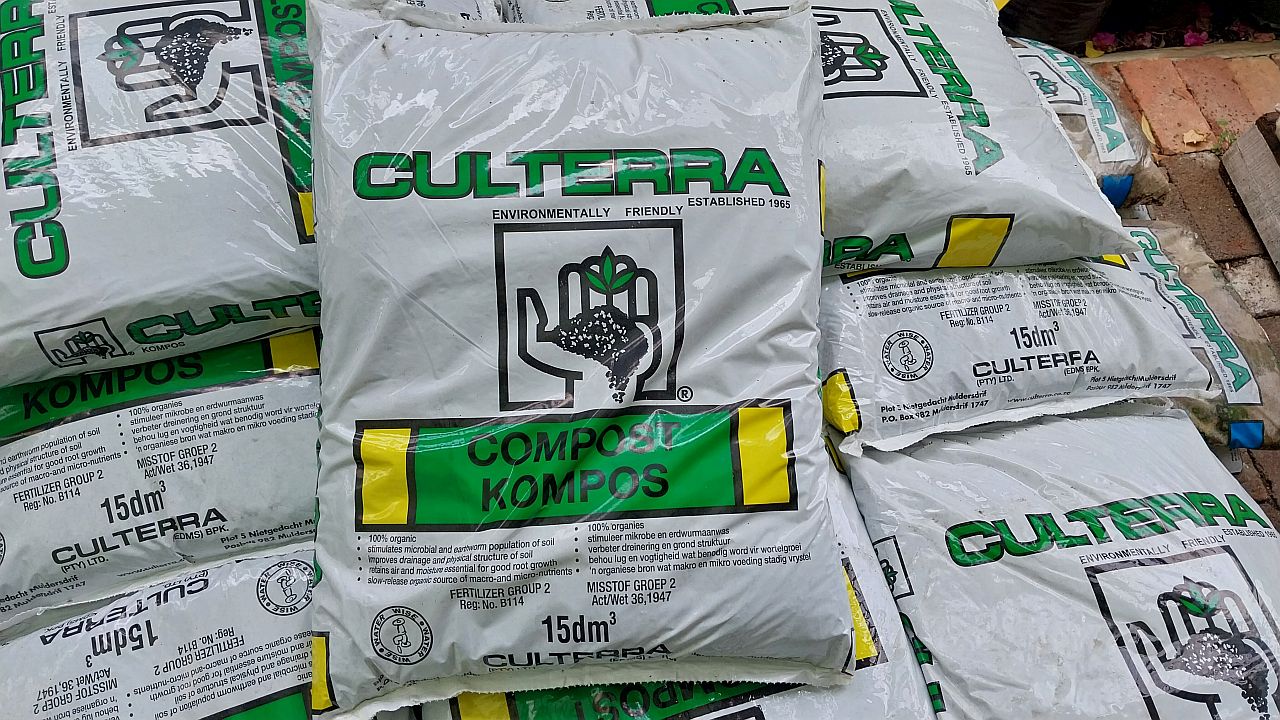
We all know about the beautiful benefits of using compost in the garden. It improves soil health and helps plants grow. But what about plants in an indoor garden? Can you use compost on houseplants?
Compost is a fantastic, versatile organic soil amendment that can be used for indoor and outdoor plants. It won’t bring any stinky smells into your home and certainly won’t hurt your houseplants!
This article explains why it’s good to use compost for houseplants, whether you need to use a particular kind of compost for indoor plants, and how to use it effectively for your houseplants.
Using Compost For Indoor Houseplants
Just like plants growing outside, houseplants greatly benefit if you give them compost. The compost should be finished, and it should only make up about 30% of the growing medium in a pot. You can add it to your potting mixture or just use it as a top dressing for your houseplants.
It’s essential to use compost in the right way for indoor plants. If you use too little, it won’t impact the plants; if you use too much, it can cause more harm than good.
Before we get into explaining the ins and outs of how to use compost for indoor plants, let’s consider why some people think it’s not a good idea to use compost for houseplants…
Can You Use Compost For Indoor Plants?
Many gardeners specializing in keeping houseplants use soilless growing mediums – a mixture of coco coir, perlite, vermiculite, or even just LECA pellets. Unfortunately, this may lead to the assumption that you shouldn’t use compost for indoor plants because compost contains soil.
Compost also contains things you wouldn’t want inside your home – animal manure, decomposing food scraps, lawn clippings, garden refuse, insects, worms, and microbes. So understandably, some indoor gardeners feel hesitant about using compost for their houseplants.
However, if compost is produced correctly, it shouldn’t have an unpleasant odor.
Compost has loads of wonderful benefits for plant and soil health. It can and should be used for indoor and outdoor garden plants!
Do Indoor Plants Need A Special Kind Of Compost?
There are a few different types of compost:
- Finished compost from a compost heap or bin
- Vermicompost, or worm castings from a worm bin
- Mushroom compost – the recycled growing medium used to farm mushrooms commercially
- Manure or animal dung (from cattle, sheep, horses, and other livestock)
So, you may wonder if indoor plants need a particular type of compost. Are some kinds better for houseplants than others?
You can buy compost made specifically for houseplants online or from most garden centers. However, it’s generally sold in smaller quantities and costs way more than general-purpose compost.
It is not necessary to use special houseplant compost. In fact, many experienced indoor gardeners say it has no significant benefits compared to regular, all-purpose compost.
Most houseplant enthusiasts recommend using well-finished compost from a compost heap, mushroom compost, or vermicompost for indoor plants.
The reason not to use manure for your indoor plants is pretty apparent. Who wants the inside of their home to smell like a farmyard?
However, you should also avoid using manure-based compost for houseplants because it contains very high levels of nitrogen and phosphorus. Therefore, it can burn plants’ roots and cause their leaves to turn brown.
What’s The Best Compost For Indoor Plants?
We’ve mentioned that there are three types of compost that you can use for indoor plants, but of these, which is the best compost for houseplants?
To answer this question, we should consider some of the primary conditions that houseplants need to thrive:
- Soil that is well-aerated with excellent drainage to prevent compaction and root rot.
- Nutrients like nitrogen, phosphorus, potassium, calcium, magnesium, and sulfur in a form that plants can readily absorb.
- Soil with the correct pH for the particular plant species.
Finished compost from a compost heap is rich in nutrients and microbes, but depending on how it is made, the texture can be a bit too fine for potted houseplants. The same is often valid for mushroom compost.
Using very fine compost for houseplants can lead to issues with drainage because it makes the soil too dense. On the other hand, coarse-textured compost is excellent for plants with aerial roots, like aroids and orchids.
Vermicompost has a finer texture, but it works differently from the other two types of compost. Worm castings improve the soil texture, increasing aeration and drainage.
Worm compost is also rich in nutrients but cannot burn plants’ roots because it releases the nutrients to the plant very gradually.
Worm castings are also fantastic for balancing the soil pH. Because they are neutral (pH = 7), they help to keep soils from getting too alkaline or acidic.
Therefore, worm castings are possibly the best type of compost that you can use for your indoor plants.
Best Compost For Repotting Houseplants
When you repot your indoor plants, you want to refresh their growing medium and give them a fresh supply of nutrients and organic matter. You should always add some compost to the potting mixture.
But what type of compost is best for repotting your houseplants?
Worm castings and mushroom compost can be used for this purpose. Still, many indoor gardeners find that they do not contain enough nutrients to boost plants.
Finished compost from a compost heap is the best type to use when repotting. It is very high in organic matter, improving the soil’s water-holding capacity. Also, as it breaks down, it slowly releases nutrients to plants.
How To Use Compost On Potted Houseplants
It’s very easy to use compost on indoor potted plants. There are three main ways to help your plants reap the benefits of compost:
- Mix compost into the soil mixture you use for potting and repotting plants. Ensure that the compost makes up about a third of the potting mix. Using more than this can lead to soil problems.
- Add about an inch of compost to each pot. There is no need to mix the layer into the soil. Simply sprinkle it on the soil surface and give the plants a good watering.
- Use compost from a compost heap or worm castings to make a “tea” for your houseplants. Mix the compost with water in a bucket, allow it to stand for 24 hours, and then strain the liquid to feed your plants.
How Often Should You Add Compost To Indoor Plants?
How often you need to add compost to your indoor plants depends on the type of compost you are using and the types of houseplants you have.
- If using compost from a heap or mushroom compost, you only need to add some to your pots once or twice a year. For plants like cacti that prefer sandier soil, stick to once a year.
- If using vermicompost, you can add a small amount to each pot once a month or every quarter.
Can I Make My Own Houseplant Compost?
What if you don’t have a garden with space for a compost heap but want to make your own houseplant compost at home?
Many indoor gardeners keep worm bins like this one inside their houses. (Amazon)
These are not smelly, allowing you to easily convert kitchen scraps into nutritious worm compost for your houseplants.
Can You Use Too Much Compost On Potted Plants?
There is a limit to how much compost you should use for indoor potted plants. If you use too much, the excess nutrients can burn your plants’ roots and cause their leaves to turn brown.
Therefore, you should ensure that compost only makes up around a third of the growing medium in a pot.


